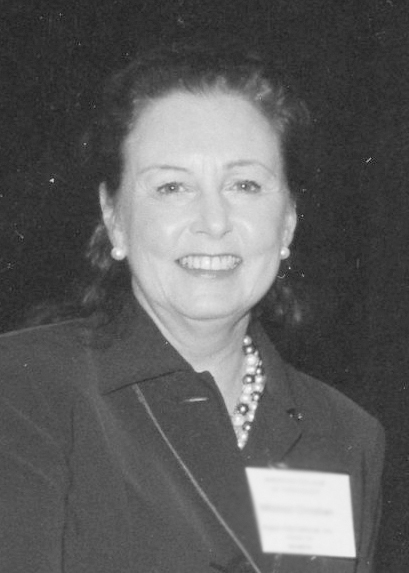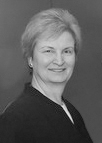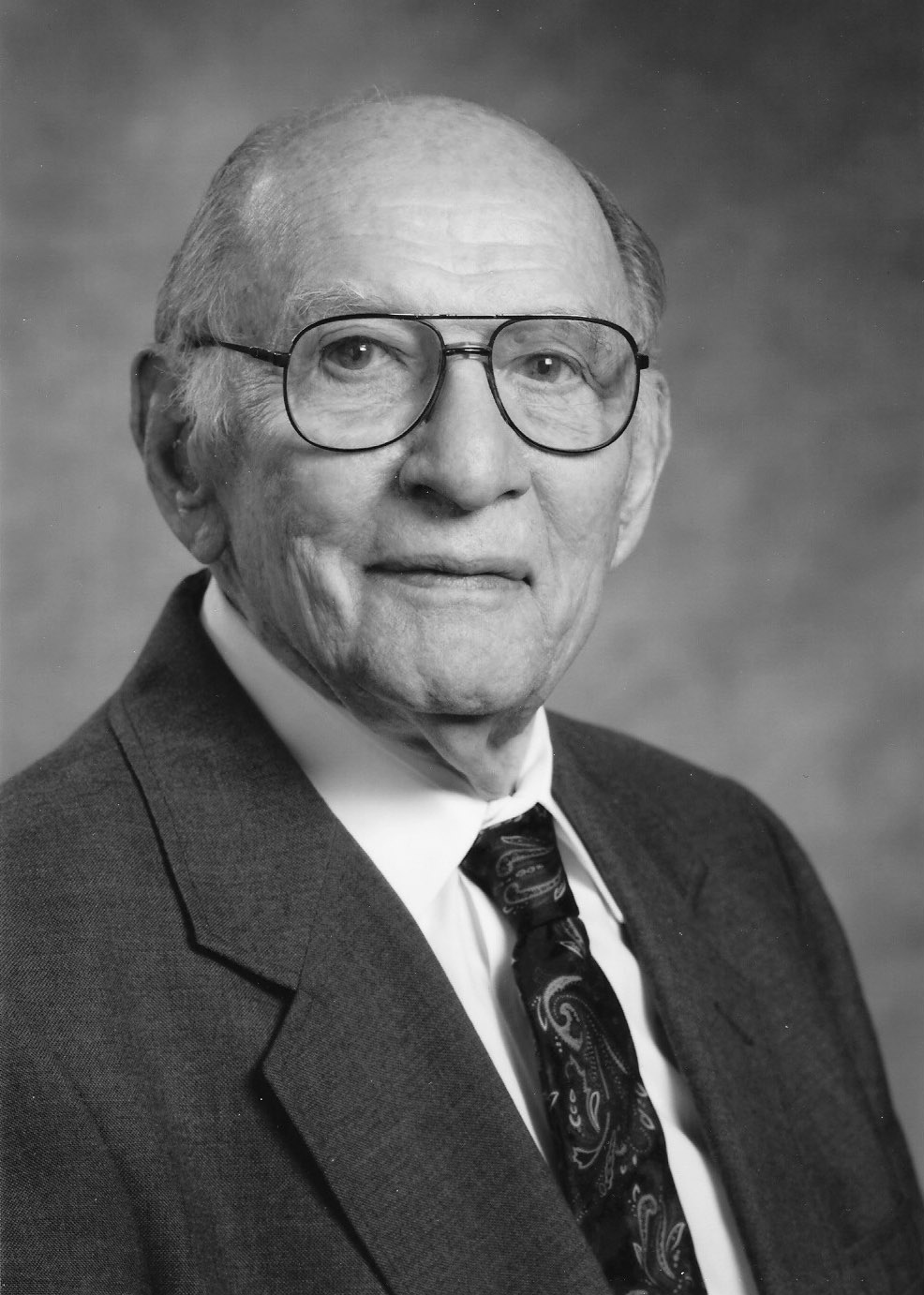
Every year, the American College of Toxicology recognizes outstanding scientists across educational and career levels for their accomplishments. Some ACT awards honor senior-level investigators for lifetime achievement, and others provide funding and support for graduate students and early career researchers to attend the ACT Annual Meeting. ACT award recipients are recognized each year during the Awards Ceremony at the ACT Annual Meeting.
ACT members should explore the award opportunities on this page and nominate your deserving colleagues for these prestigious accolades. You can also learn more about previous years’ awardees on the “Award History” web page .
*Awards are allocated annually and are based on merit. An award will not be offered should there not be an exceptional or qualified candidate.
Awards, Grants, and Fellowships
Distinguished Fellow
Nominations Accepted at Any Time
Bestowed by ACT Council to a Full member, the Distinguished Fellow status is one of the College’s highest honors. Nominees for this distinction should have attained international recognition in a field of research and should have contributed to significant advancements in the science of toxicology.
Presentation of Distinguished Fellow status requires nominations from two Full members of the College.
Distinguished Scientist Award in Toxicology
Nomination Deadline: March 31
First bestowed in 1995 under the name Distinguished Service Award and later renamed the Distinguished Scientist Award in Toxicology, this accolade recognizes an individual who has made outstanding contributions to toxicology and improvement of public health and/or the environment. The recipient of this award is the keynote speaker during the Awards Ceremony at the ACT Annual Meeting. The award consists, waived Annual Meeting registration, up to two nights of hotel accommodations, and travel expense reimbursement.
Nominees for the Distinguished Scientist Award in Toxicology are not required to be ACT members.
Mildred Christian Women’s Leadership in Toxicology Award
Nomination Deadline: March 31
The Mildred Christian Women’s Leadership in Toxicology Award was named in honor of 1992 ACT President Mildred S. Christian, PhD, and was first bestowed in 2018. This award is presented to a woman who has made a difference in advancing the science and practice of toxicology and who has attained industry/government/academic recognition as a global leader in this field.
Nominees should be women who demonstrate characteristics such as leadership, inclusiveness, collaboration, perseverance, and devotion to the ACT goals to educate, lead, and serve. Candidates may come from many fields (the pharmaceutical or chemistry industries, contract research organizations, government agencies, academia) but must be a current member of the College. The recipient receives waived Annual Meeting registration, up to two nights of hotel accommodations, and expense reimbursement.
Service Award
Nomination Deadline: March 31
Originally called the Lifetime Achievement Award and later renamed the Service Award, this accolade recognizes an individual for their long-term dedication, noteworthy contributions, and service to ACT. Criteria for selection include, but are not limited to, service to the College (e.g., Councilor, officer, Committee member), frequent participation at and contribution to the Annual Meeting (speaker, Chair, Organizing Committee), and longstanding support of the College’s activities and mission. The recipient must be an ACT member and receives waived Annual Meeting registration.
Carol C. Lemire Unsung Hero Award
Nomination Deadline: March 31
First bestowed in 2012 to Carol C. Lemire in honor of more than 20 years of service to ACT, the Carol C. Lemire Unsung Hero Award recognizes an ACT member who has made substantive unrecognized contributions to the College. The nominee should have demonstrated an ongoing willingness to serve ACT and its activities to further the College’s mission, generally behind the scenes. The recipient of this accolade receives waived Annual Meeting registration.
Nominees for the Carol C. Lemire Unsung Hero Award cannot have held an elected ACT Council office within the past two years.
Early Career Professional Award
Nomination Deadline: March 31
Since 2010, the Early Career Professional Award has recognized an individual with no more than 10 years of full-time employment experience (which can include postdoctoral fellow training) since completing their highest educational degree. The nominee must be an ACT member and have demonstrated outstanding service to the field of toxicology. The nomination should include any impactful contributions, including authoring notable/influential publications, guidance documents, or book chapters; serving on committees or elected positions in an organization(s) relevant to toxicology; organizing/chairing/speaking at toxicology meetings; and receiving awards acknowledging other service.
Contributions from nominees working in industry, CRO, or government/regulatory settings (or other toxicology professions that may have limited publishing opportunities) can include contributions within the scope of their profession, such as contributing scientific reports, preparation of regulatory submission documents, and in-person or remote/online educational lectures or presentations. Nominations should also highlight any specific contributions to the College, including service as an officer, Councilor, or Committee member and/or frequent contribution to the Annual Meeting or any other College activities (e.g., educational courses, webinars, podcasts).
Registration fees for the Annual Meeting will be waived for the awardee. The awardee will also receive a plaque and recognition during the Awards Ceremony.
Best Paper Published in International Journal of Toxicology
Nomination Deadline: March 31
For more than two decades, the Best Paper Published in International Journal of Toxicology award has recognized the authors of the most outstanding manuscript published in the College’s official journal during the most recent calendar year. The award is presented annually and consists of $1,000 and a plaque.
The ACT Editorial Board will carefully consider all nominations received. Nominations should outline the impact of the nominated paper on the toxicological sciences and offer an explanation of why the paper is deserving of special recognition. Eligible papers are those published either online or in print in International Journal of Toxicology during the previous calendar year.
North American Graduate Fellowships
Application Deadline: May 1
Beginning in 2014, ACT has awarded up to three fellowships of $5,000/year to students in approved toxicology programs in North America (US, Canada, Mexico) for a duration of one or two years. In addition to the $5,000 fellowship, recipients receive waived Annual Meeting registration, meals per diem, one complimentary Continuing Education course registration, transportation to and from the meeting, and four nights of hotel accommodations during the meeting dates.
The application for the North American Graduate Fellowship requires (1) enrollment in a PhD program in toxicology for the two-year award or that the applicant be in the final year of a terminal master's toxicology program for the one-year award; (2) the applicant’s Curriculum Vitae; (3) a letter of recommendation (that also certifies academic standing) from the affiliated institution describing why the applicant merits the award; (4) an essay of no more than 500 words from the applicant describing their career aspirations; and (5) abstract submission to and poster presentation during the ACT Annual Meeting in November summarizing the project work. Fellowship recipients are not eligible for the Furst Award (for Best Student Poster).
Awardees are required to join the College as a Student member to receive the fellowship (Student membership is free, and it is not a requirement to be an ACT member at the time of application).
The application period opens March 1; the submission deadline is May 1. Notifications are sent by the first week of July.
International Travel Grants
Application Deadline: May 1
Since 2014, up to five International Travel Grants have been awarded annually to graduate students, postdoctoral fellows, early career professionals, or toxicologists located outside North America to attend the Annual Meeting. Recipients receive waived Annual Meeting registration, meals per diem, one complimentary Continuing Education course registration, transportation to and from the meeting, and up to six nights of hotel accommodations during the meeting dates.
The application for the International Travel Grant requires (1) an essay (up to 500 words) from the applicant that demonstrates activity in/commitment to the field of toxicology and describes their vision for the field or, if a student, an essay (up to 500 words) describing career aspirations; (2) the applicant’s Curriculum Vitae; (3) a letter of recommendation from the affiliated institution (which also certifies academic standing, if a student) describing why the applicant merits the award; and (4) abstract submission to and poster presentation during the ACT Annual Meeting in November summarizing the project work. International graduate students are also eligible for the Furst Award (for Best Student Poster), and qualifying graduate students are eligible for the Mehendale Award (for Best International Student Poster).
If the applicant holds a position that does not include a research component or is restricted from publishing data in an abstract, the applicant should instead submit a Request for Education Support application. Applications will be approved on a case-by-case basis and will be evaluated and weighed based on the justification for the request.
The application period opens March 1; the submission deadline is May 1. Notifications are sent by the first week of July.
North American Travel Grants
Application Deadline: May 1
Each year, up to 10 travel grants are awarded to graduate students, postdoctoral fellows, early career professionals, and toxicologists residing in North America (US, Canada, Mexico). Recipients receive waived Annual Meeting registration, meals per diem, one complimentary Continuing Education course registration, transportation to and from the meeting, and four nights of hotel accommodations during the meeting dates.
The application for the North American Travel Grant generally requires (1) an essay (up to 500 words) from the applicant that demonstrates activity in/commitment to the field of toxicology and describes their vision for the field or, if a student, an essay (up to 500 words) describing career aspirations; (2) the applicant’s Curriculum Vitae; (3) a letter of recommendation from the affiliated institution (which also certifies academic standing, if a student) as to why this nominee merits the award; and (4) abstract submission to and poster presentation during the ACT Annual Meeting in November summarizing the project work. Graduate student recipients are also eligible for the Furst Award (for Best Student Poster).
If the applicant holds a position that does not include a research component or is restricted from publishing data in an abstract, the applicant should instead submit a Request for Education Support application. Applications will be approved on a case-by-case basis and will be evaluated and weighed based on the justification for the request.
The application period opens March 1; the submission deadline is May 1. Notifications are sent by the first week of July.
Furst Award (for Best Student Poster)
Bestowed during the ACT Annual Meeting
Named in honor of Arthur Furst, PhD, one of the first Presidents of the College, and initiated by a donation from Dr. Furst, the Furst Award (for Best Student Poster) recognizes the most outstanding graduate student poster presentation given during a special poster judging competition held Sunday evening during the Annual Meeting. The recipient of the Furst Award receives $2,000 and a plaque. Students receiving the North American Travel Grants and International Travel Grants are automatically considered in the competition for this award.
Mehendale Award (for Best International Student Poster)
Named in honor of Harihara Mehendale, PhD, editor-in-chief of the International Journal of Toxicology from 1999 to 2009, the award honors his mission of supporting international graduate students. The Mehendale Award (for Best International Student Poster) recognizes the most outstanding international graduate student poster presentation given during a special poster judging competition held Sunday evening during the Annual Meeting. Graduate students receiving the International Travel Grant from countries on the DAC ODA list are eligible for this award. The recipient of the Mehendale Award will also receive $2,000 and a plaque.
©Copyright American College of Toxicology All Rights Reserved



